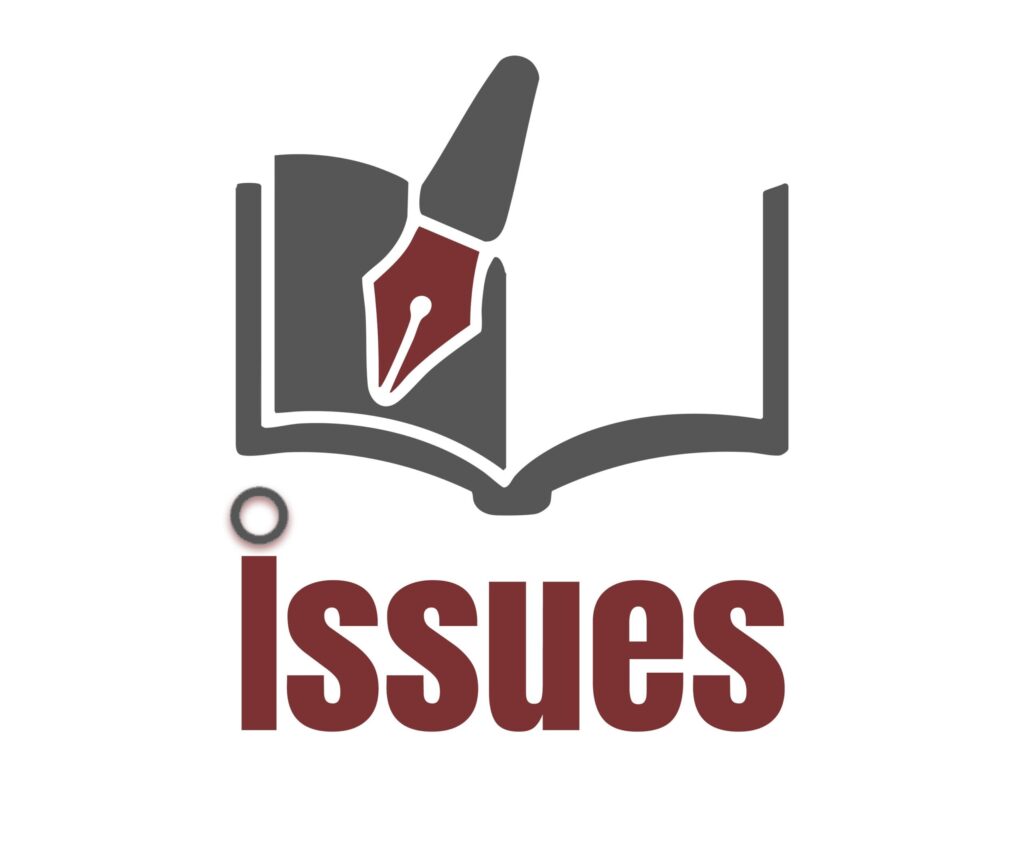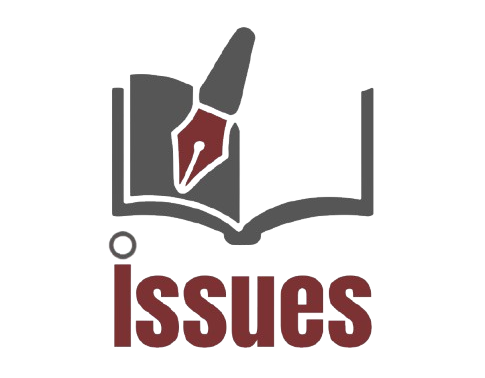The Middle East remains a region of both opportunity and uncertainty. Rapid political shifts, sectarian tensions, and economic challenges make the ability to assess political risk not just useful—but essential.
Political risk refers to the likelihood that political decisions, events, or conditions will affect the stability of a region and, by extension, influence investment, development, or humanitarian operations. In the Middle East, this can range from regime changes and foreign policy shifts to protests, sanctions, and armed conflict.
To navigate this risk effectively, organizations must combine local context with data-driven forecasting. This involves:
- Monitoring regional power dynamics and alliances
- Understanding internal social and economic pressures
- Evaluating the credibility and capacity of state institutions
- Engaging with local experts and civil society
Political risk analysis is not about predicting the future with certainty—it’s about preparing for it with insight. For NGOs, investors, and governments operating in the region, informed preparation is the best form of resilience.


